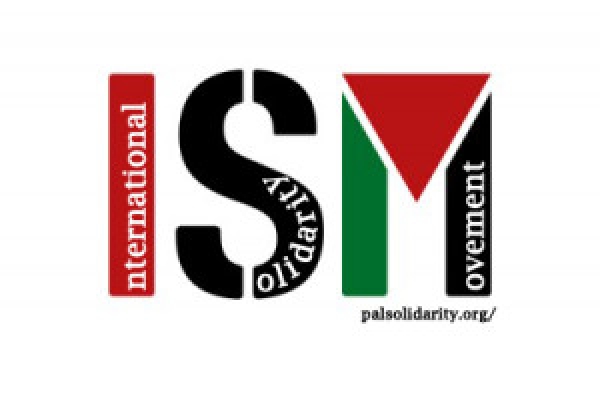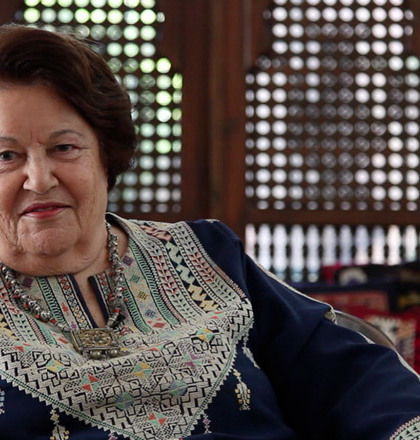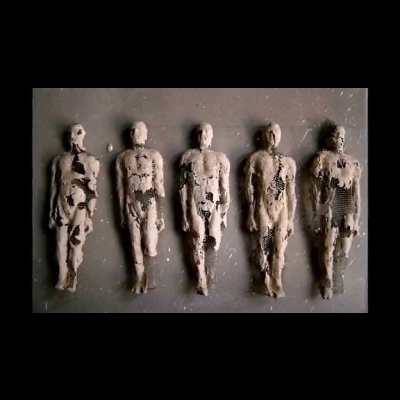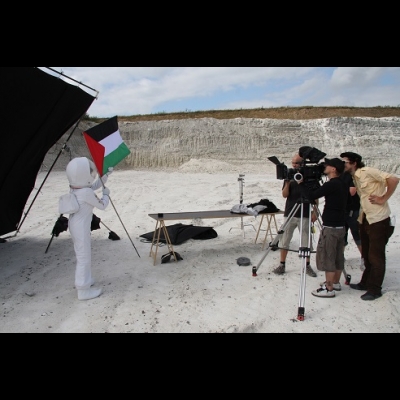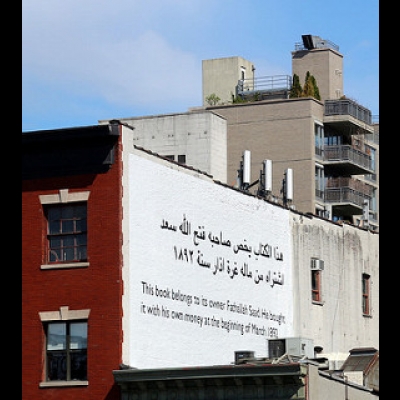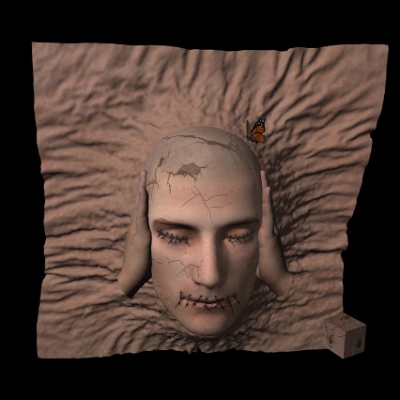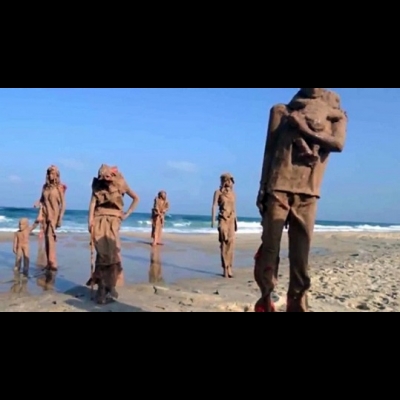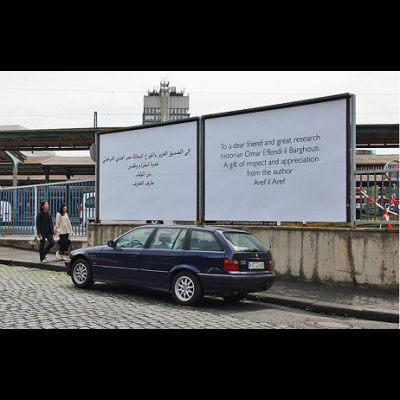Memoirs
Palestinian Public Personalities
Commantary & Opinion
Palestinian Civil Resistance & International Solidarity
Palestinian Campaigns
International Solidarity Campaigns
|
Subscribe to this RSS feed |
Subscribe to this RSS feed |
Subscribe to this RSS feed ........................................................... |
|
Subscribe to this RSS feed |
|
|
|
|
Culture
Embroidery and Design
Contemporary Designers
Poets & Writers
Rashid Ismail Khalidi (1948) is a Palestinian- American historian born in New York. He is the son of Ismail Khalidi and nephew of Husayin al Khalidi. Rashid attended the United Nations International School.
In 1970, Khalidi received a B.A. from Yale University, where he was a member of the Wolf’s Head Society. He then received a D. Phil. from Oxford University in 1974. Between 1976 and 1983, Khalidi “was teaching full time as an Assistant Professor in the Political Studies and Public Administration Dept. at the American University of Beirut, published two books and several articles, and also was a research fellow at the independent Institute for Palestine Studies”. He has also taught at the Lebanese University.
In his books and articles he covers primarily the history of the modern Middle East. He focuses on the countries of the southern eastern Mediterranean. Rashid also researches the impact of the press on forming new senses of community, the role of education in the construction of political identity, and in the way narratives have developed over the past centuries in the region.
Much of Khalidi’s scholarly work in the 1990s focused on the historical construction of nationalism in the Arab world. He argues that the nations have legitimacy and rights. In his book most influential and most widely cited book “Palestinian Identity: The Construction of Modern National Consciousness” (1997) he talks about the illegal establishment of Israel in 1948 and how Palestinians have spread out across the region in Egypt, Lebanon, Syria and Jordan. He explores in this work the evolution of a Palestinian national identity that developed in spite of, and in some cases because of, the obstacles it faced. It illuminates the sources of collective Palestinian identity from the late Ottoman Empire onward: religious beliefs; ethnic backgrounds; local loyalties; education; and external forces such as Zionism.
In Resurrecting Empire: Western Footprints and America’s Perilous Path in the Middle East(2004), Khalidi takes readers on a historical tour of Western involvement in the Middle East, and argues that these interactions continue to have a colonialist nature that is both morally unacceptable and likely to backfire.
Books
-British Policy towards Syria and Palestine 1906-1914: The Antecedents of the Hussein-McMahon Correspondence, the Sykes-Picot Agreements and the Balfour Declaration (1980)
-Palestine and the Gulf: Proceedings of an International Seminar (co-editor, 1982)
-The Origins of Arab Nationalism (1991)
-Resurrecting Empire: Western footprints and America´s perilous path in the Middle East (2004)
-The iron cage: the story of the Palestinian struggle for statehood (2006)
-Sowing crisis: American hegemony and the Cold War in the Middle East (2009)
-Palestinian identity: the construction of modern national consciousness (1977). Reissued with new preface (2010)
-Brokers of deceit: how the U.S. has undermined peace in the Middle East (2013)
-Under siege: PLP decision-making during the 1982 War (1985). Reissued with new preface (2014)
Affiliations
- Member, American Academy of Arts and Sciences
- Member, Conseil Scientifique, Ramses2, Maison Méditerranéenne des Sciences de l’Homme, Aix-en-Provence
- Member, Conseil Scientifique, Institut Méditérranean d’Études et Recherches Avancés, Marseille
- Member, Council on Foreign Relations
- Member, Board of Trustees, al-Quds University, Jerusalem
- Member, Advisory Board, Bruno Kreisky Forum, Vienna
- Member, Advisory Board, Encyclopedia of the Modern Middle East
- Member, Editorial Board, Comparative Studies of South Asia, Africa & the Middle East
Awards
- Lionel Trilling Book Award for Brokers of Deceit, 2014
- MEMO Palestine Book Awards, 2013: Academic Winner
- Arab American National Museum Book Award for The Iron Cage, 2007
- Lenfest Teaching Award, 2007
- Middle East Studies Association Albert Hourani Book Award, for Resurrecting Empire, 2004
- Middle East Studies Association Albert Hourani Book Award for Palestinian Identity, 1997
Video
Rashid Khalidi on Israelis, Palestinians and Any Hope for Mideast Peace
Further reading:
– Brokers of Deceit; Pathways to Peace
– A Call to Correct History’s Mistakes [interview with Rashid Khalidi]
Sources:









